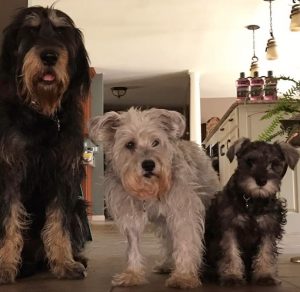Here we go again. Another news article about studies that show discretionary income is shrinking.

According to an MSN Money article on February 2, 2016, “Obamacare” is having a dramatic impact on consumers discretionary income. The article references a January report from the National Bureau of Economic Research, which found that employees at large firms saw their wages decrease by $1,200 per year because of the Obamacare mandate. This represents what would have been an extra 2.2% annual increase in income – and median household income was only about $54,000 in 2014.
You would think that when gas prices fall consumers would have more money in their pockets. Typically this is true, however the savings at the pump is being offset by the increase in healthcare costs according to another report cited in the article, from the KKR Global Institute. Obamacare is taking away the cash that lower fuel prices should be returning to consumers.
This in turn results in lower discretionary income. Which in turn hurts the veterinary profession, especially when veterinarians are struggling to improve pet owner compliance with preventive healthcare recommendations. Consumers today simply don’t have the discretionary funds to pay out-of-pocket for veterinary care. Even routine care costs can hit hard, not to mention emergencies.
With fewer than 3% of pet owners holding a pet insurance policy, the veterinary profession has been hard pressed to find more creative ways to help pet owners finance veterinary care.
